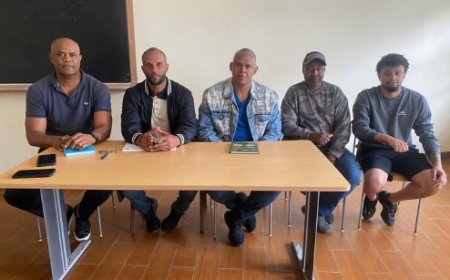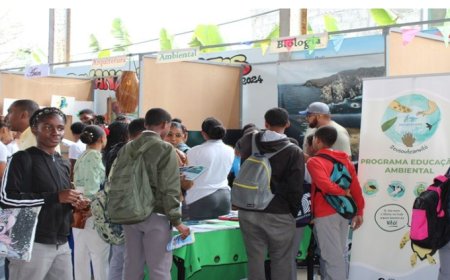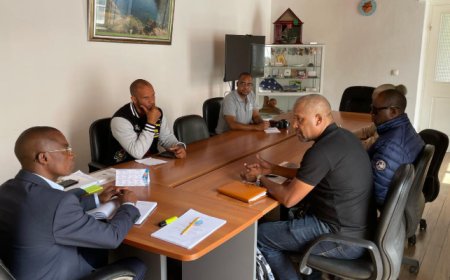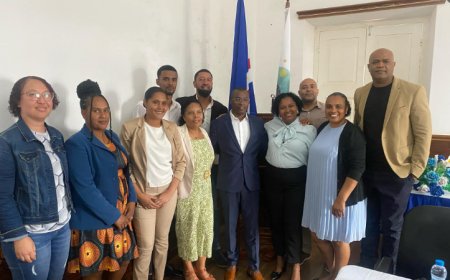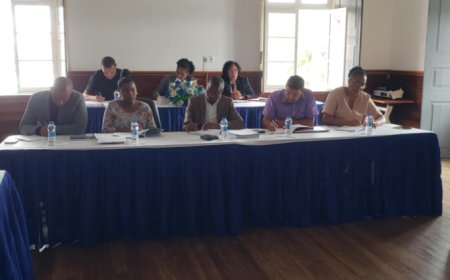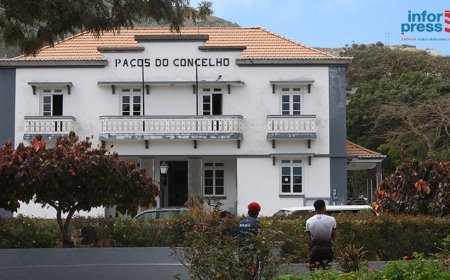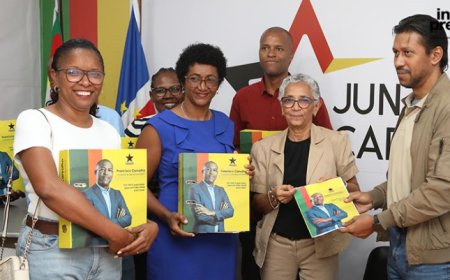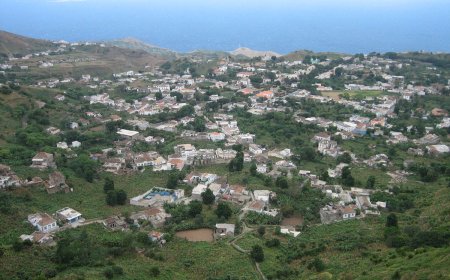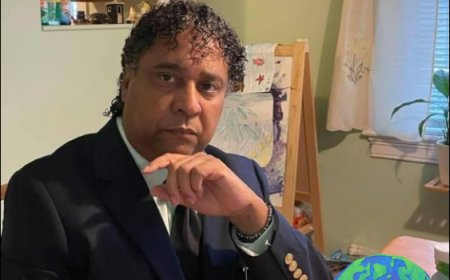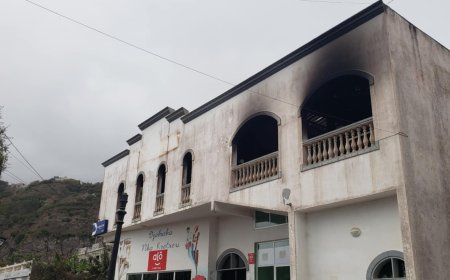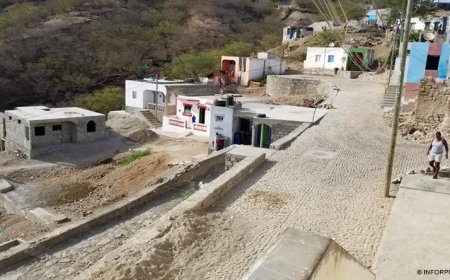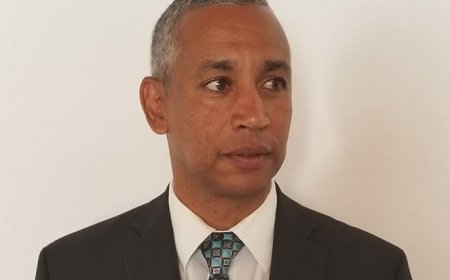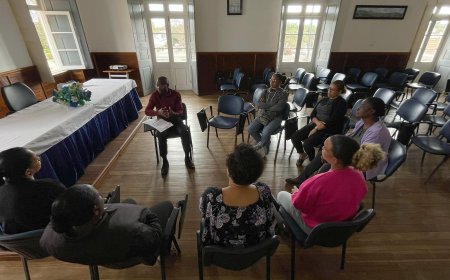Brava: National Decentralization Strategy socialized today with civil society and State entities
The National Decentralization Strategy is socialized this afternoon, in Nova Sintra, with civil society and representatives of the decentralized services of the State with representation on the island of Brava.
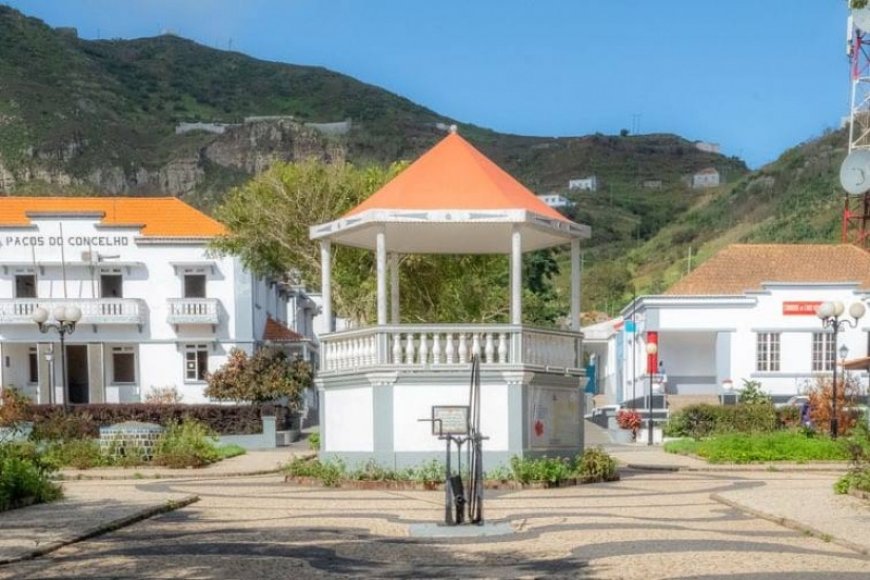
The National Decentralization Strategy is socialized this afternoon, in Nova Sintra, with civil society and representatives of the decentralized services of the State with representation on the island of Brava.
Socialization is promoted by the Ministry of Territorial Cohesion which, in a press release, highlighted that the Government defined the reduction of spatial and municipal asymmetries as an “indispensable factor” for territorial cohesion, in the 2021/2026 legislature, promoting both territorial cohesion and social cohesion.
According to the same document, "decentralization is conceived as a support to the National Territorial Cohesion Policy and an instrument for the consolidation of democracy", stressing that it is in this sense that the National Decentralization Strategy was developed, based on axes such as administrative decentralization, financial decentralization, administrative deconcentration, administrative modernization, citizen participation in public life, accountability and economic integration.
The document explained that a decentralization model was chosen that was conducive to “shared prosperity” and promoter of a social and economic climate that allows, in all municipalities, each and every citizen to fulfill his individual potential and feel fulfilled and each municipality reach a level of economic activity that accelerates its convergence with the national GDP per capita.
To this end, he stressed that “it is necessary to involve everyone, namely the various sectors of central power, representatives of local power and civil society”.
The presentation of the National Decentralization Strategy is the responsibility of the Director General of Decentralization, José Ricardo Livramento, with intervention by the UNDP representative, Elisabete Mendes, and guests.






